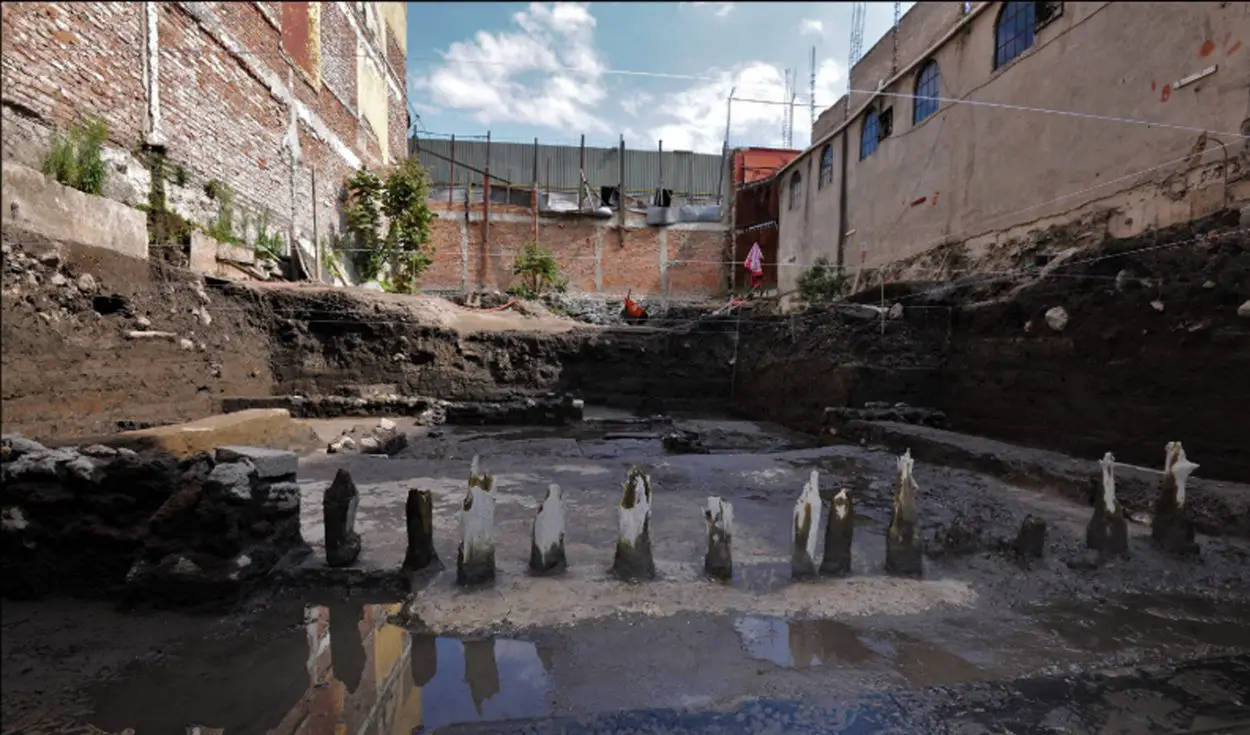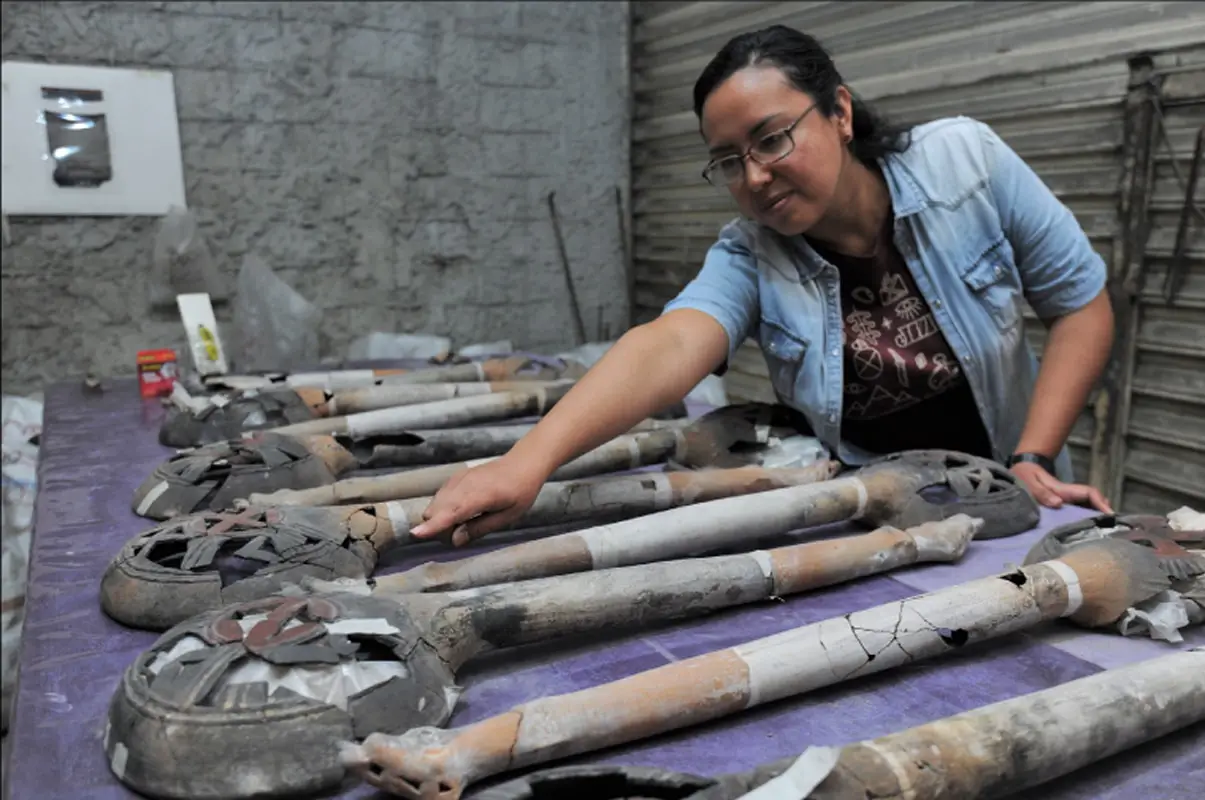Archaeologists excavating an Aztec housing complex in the remains of Tenochtitlan have discovered offerings from after the fall of the capital.
Tenochtitlan was situated on the western side of Lake Texcoco, which is now the historic part of present-day Mexico City.
Aided by an alliance of indigenous tribes and former tributary city-states, Spanish conquistadors laid siege to Tenochtitlan for 93 days until the Mexica surrendered in AD 1521, marking the beginning of Spanish hegemony in central Mexico.
Excavations was conducted by the National Institute of Anthropology and History (INAH), where the researchers found a Mexica housing complex at depths of up to 5.2 metres. The structures formed part of Tezcatzonco, a minor neighbourhood of Cuepopan-Tlaquechiuhca, one of the four areas that made up Tenochtitlan.

Within the complex, the researchers found a house with an interior patio where rituals were conducted to mark the start and end of life cycles. Ritualistic finds include an arrangement of 13 incense burners, a vessel with a tripod base, five bowls, a plate and the cremated skeletal remains that may be from an infant deposited in a pot.
Other material evidence such as omichicahuaztlis (musical instruments made of worked bone), flutes and ocarinas, indicate that various rituals took place there. The finds date from the 16th century, possibly between AD 1521 and 1610 after the fall of Tenochtitlan.
“The set of 13 incense burners expresses a particular symbolism, since they were arranged on two levels and in two different orientations: some in an east-west direction, and others in a north-south direction, as an evocation of the 20 thirteen that made up the tonalpohualli , the 260-day Mexica ritual calendar; also, it is worth mentioning that number 13 alluded to the levels of the sky” said Mara Abigaíl Becerra Amezcua of the INAH.





